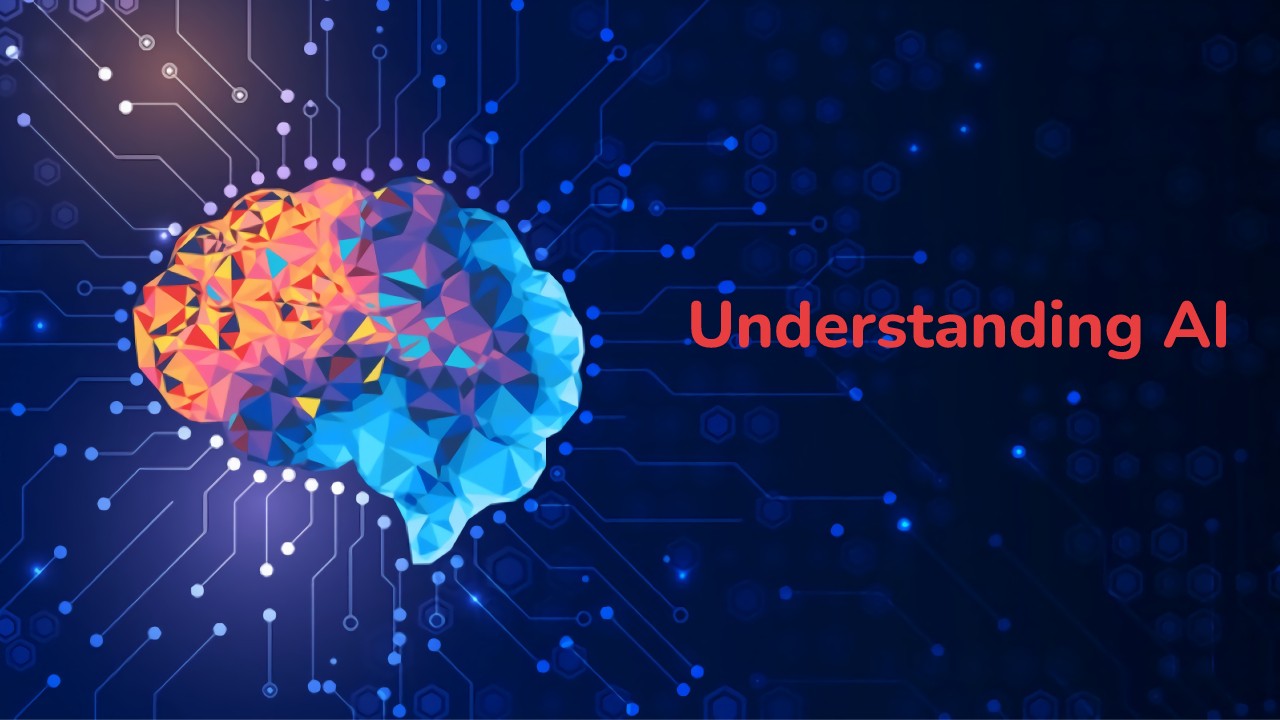AI Understanding Everything you Need to Know
AI Understanding: In a very short period of time, artificial intelligence (AI) has transitioned from science fiction to business reality. Basically AI is building computer systems that can perform tasks normally done by humans requiring intelligence: learning, reasoning, problem solving etc.
The Beginning of AI
AI started as an academic discipline in the mid 20th century with founding figures such as Alan Turing and John McCarthy. The initial idea of AI was to create machines that could replicate human intelligence but due to limited computing power and algorithms, it was not able to unleash its complete potential.
Types of AI
AI can be classified into two major categories:
- Narrow AI (Weak AI): This is your everyday kind of AI, designed to do one specific thing, may it be facial recognition, language translation or playing chess. It does a great job with what it was made for, but it is not human intelligence.
- General AI (Strong AI): This is the theoretical kind of AI that possesses human level comprehension and can learn, understand and implement knowledge over various tasks. We won’t be able to build general AI for a long time, but AI research brings us closer each year.
How AI Works: AI Understanding
AI systems learn and make decisions in 3 ways:
- Machine Learning: Training algorithms to learn from large datasets and identifying patterns to make predictions.
- Deep Learning: A branch of machine learning where large artificial neural networks process information in layers to perform complex tasks like image and speech recognition.
- Natural Language Processing (NLP): Machines can understand and interpret human language as chatbot and translation functionality
- Computer Vision: The ability of machines to interpret and understand visual data from the world such as images and videos.
The Effect of AI
Various industries have been evolving with AI while it has the potential to be a solution for some of biggest global challenges. Different uses of AI include the following:
- Healthcare: New drugs, medical images and personalized healthcare.
- Finance: Fraud detection, risk assessment and algorithmic trading are some areas where AI algorithms play a vital role.
- Self driving cars and trucks that improve the safety and efficiency of the transportation system.
- Importance: AI powered chatbots and virtual assistants to enhance customer experience.
- Learning: AI is able to tailor personalised learning as well as intelligent tutoring systems.
Ethical Considerations
With the advancements in AI, we need to be prepared for the ethical considerations around how it is developed and used. We need to think about bias, job theft or the abuse of AI. As such, we need ethical guidelines and regulations so AI is used responsibly and has a net-positive impact on our society.
The scope of AI can be unbelievably majestic, but caution and foresight may be required to reach its full potential. As we do so, the more strategy development related with AI works correctly inside businesses, but we must know that a path full of positive and negative aspects to avoid it by which all humanity benefits.
